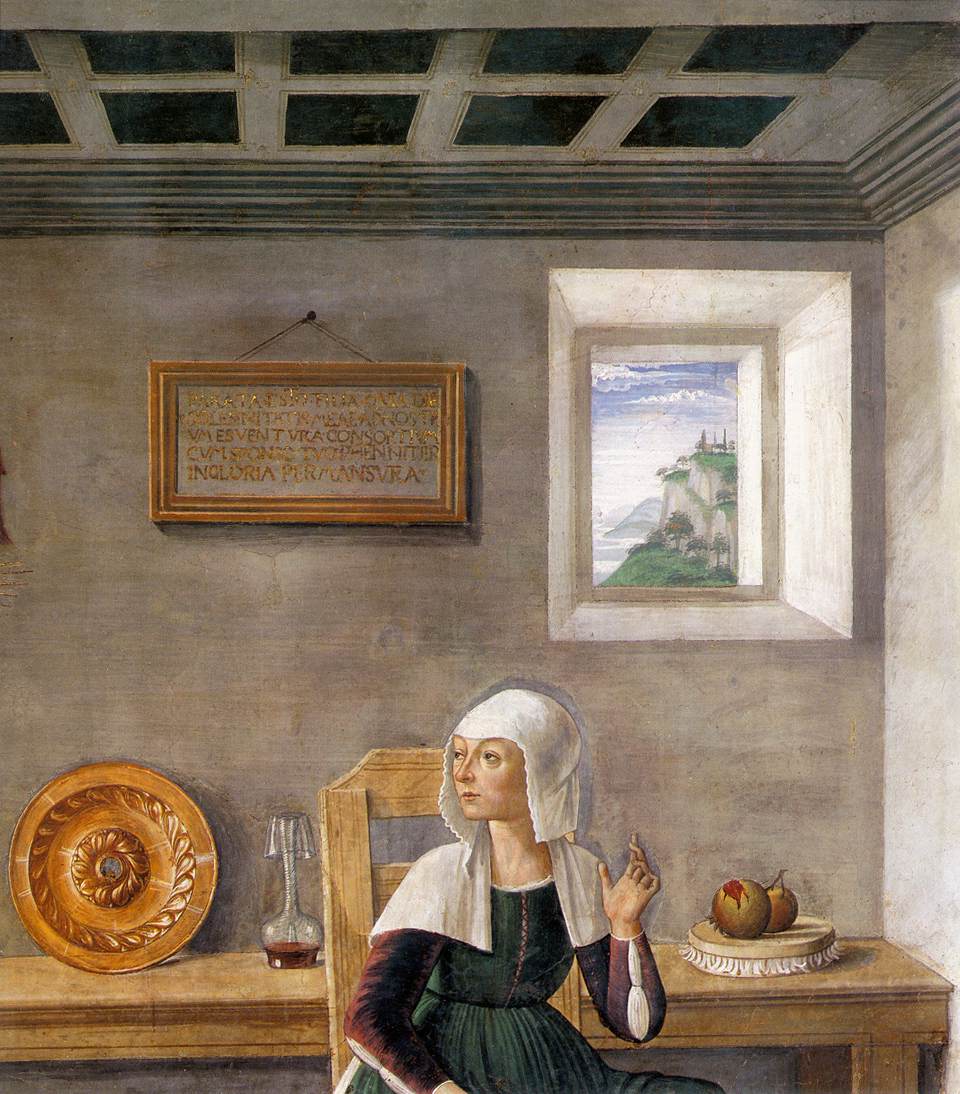Spiritual Health and Fasting
February 10, 2016
MANY practice serious austerities and penances for the sake of physical health or a good appearance, but consider the same type of sacrifices unessential to the life of the soul, as if God would be unmoved by concrete expressions of repentance. A few thoughts on this subject from The Liturgical Year by Dom Prosper Granger, who was indignant at the decline of Lenten observances in the 19th century:
Groundless prejudices, idle excuses, bad example,–all tend to lead men from the observance of Lent. Is it not sad to hear people giving such a reason as this for their not fasting or abstaining,–because they feel them? Surely, they forget that the very aim of fasting and abstinence is to make these bodies of sin (Rom. vi. 6) suffer and feel. And what will they answer on the Day of Judgment, when our Saviour shall show them how the very Turks, who were the disciples of a gross and sensual religion, had the courage to practise, every year, the forty-days’ austerities of their Ramadan?
But their own conduct will be their loudest accuser. These very persons, who persuade themselves that they have not strength enough to bear the abstinence and fasting of Lent, even in their present mitigated form, think nothing of going through incomparably greater fatigues for the sake of temporal gains or worldly enjoyments. Constitutions, which have broken down in the pursuit of pleasures,–which, to say the least, are frivolous, and always dangerous,–would have kept up all their vigour, had the laws of God and His Church, and not the desire to please the world, been the guide of their conduct. But such is the indifference, wherewith this non-observance of Lent is treated, that it never excites the slightest trouble or remorse of conscience; and they who are guilty of it will argue with you, that people who lived in the Middle Ages may perhaps have been able to keep Lent, but that now-a-days it is out of the question: and they can coolly say this in the face of all that the Church has done to adapt her Lenten discipline to the physical and moral weakness of the present generation! How comes it, that whilst these men have been trained in, or converted to, the Faith of their Fathers, they can forget that the observance of Lent is an essential mark of Catholicity; and that when the Protestants undertook to Reform her, in the 16th century, one of their chief grievances was that she insisted on her children mortifying themselves by Fasting and Abstinence!
More here.
— Comments —
A Grateful Reader writes:
Mercy is one of the great fruits of fasting. Christ exhorted us to forgive not only seven times, nor only seventy times, but seventy times seven times. That seems like a lot, but sometimes one’s patience is sorely tried. Once, in frustration with a family member, I asked my dear Auntie Alice, “Well, what do I do on the four-hundred ninety-first time?” She said “Oh, of course you still have to forgive… but, you don’t have to stick your head in the lion’s mouth!” It was wise advice, which she had received from her old and true priest. Thus, I was struck by the comment made by a friend of the Chicago girl who was killed by someone wielding a gun. The friend said, “Aaren was incredibly kind and would frequently give people 12 chances before harboring any negative feelings towards them.” Not only is the number pitifully small, but “harbouring negative feelings toward” someone seems to be acceptable in today’s society after some amount of “chances,” even for she who was “incredibly” kind.
Alas, you are probably right about the masses today being incapable of showing normal human emotions, having been raised on virtual reality and without God. We might call them transhumans, but they are acting in inhuman, perhaps subhuman, ways. If we do not struggle toward union with the Divine, we risk moving toward union with the unclean beasts. In Kafka’s Metamorphosis (Latin translation: Transubstantiation) Gregor Samsa is transformed into one of the unclean beasts of the Old Testament, which for the English translation was rendered as a cockroach. Something is rotten in Denmark and all of the modern world. Hamlet could see, for he sought the truth, as did Cassandra; but few or none believed them.
James Kalb, in his February 8 article in Crisis Magazine, points out that Conservatives always seem to be reacting against the latest liberal innovation, while a better method would be to point toward “a vision of progress radically different from the liberal one. For Catholics, of course, that vision at its best will be an integrally Catholic one.” In fact, Anthony Esolen, in the end of his book, Catholic Social Teaching, (in which he explains Pope Leo XIII’s Rerum Novarum) effectively describes that good, true, and beautiful society.

